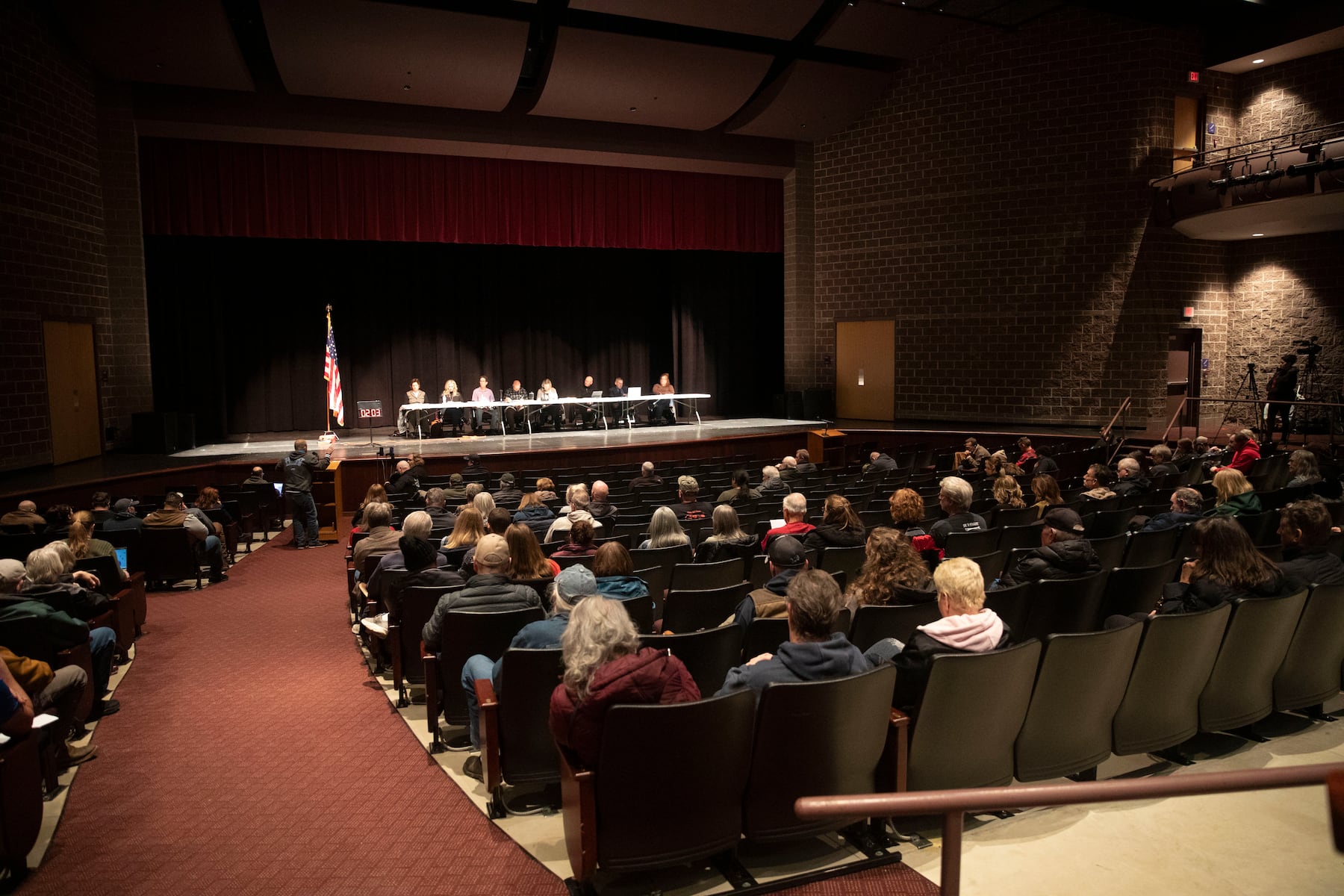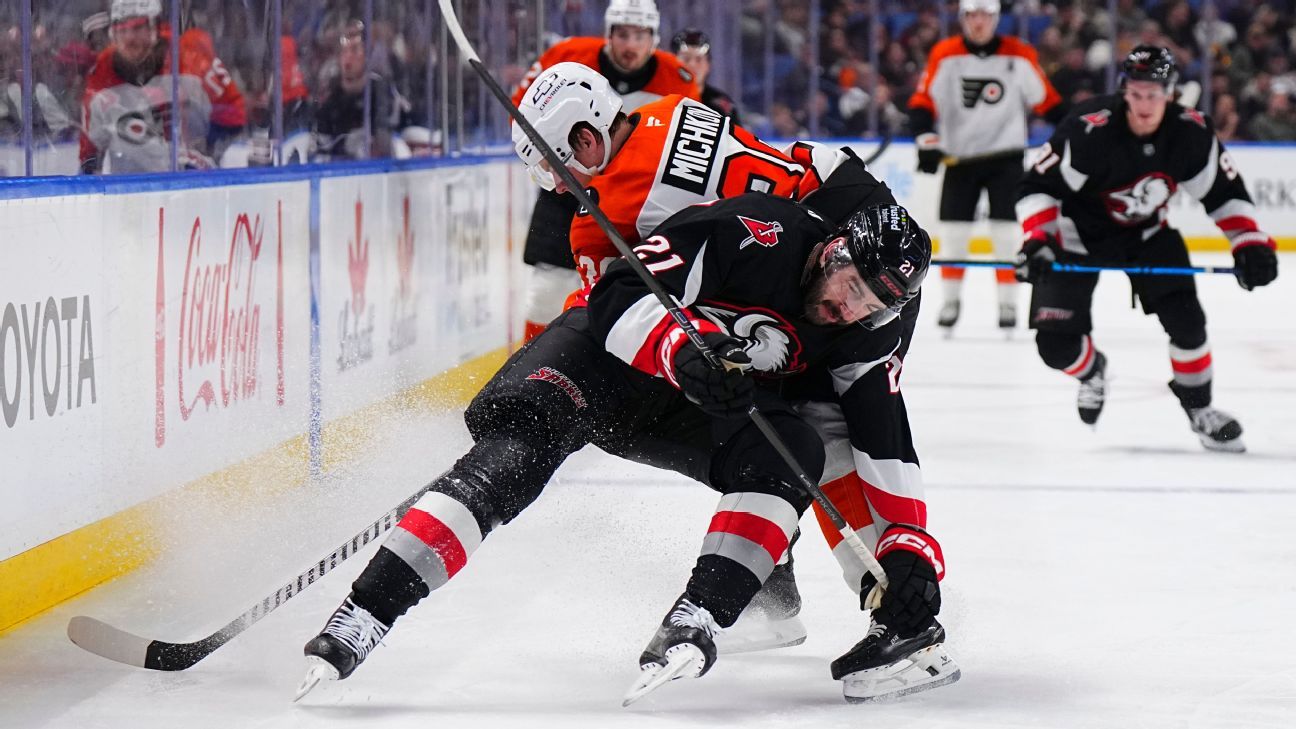European Leaders Gather in Paris to Address Ukraine-Russia Conflict

A significant diplomatic meeting took place in Paris on March 14, 2024, as European leaders convened to discuss potential pathways to peace between Ukraine and Russia. The gathering, referred to as the “Coalition of the Willing,” aimed to explore ways for European nations to bolster their support for Ukraine amidst the ongoing conflict.
Former U.S. President Donald Trump participated in the discussions via phone, expressing his belief that while a resolution was essential, both sides were “not ready yet” to reach an agreement. His comments came as Russian President Vladimir Putin declared during a visit to Beijing that he would continue military actions if Ukraine did not comply with his demands.
French President Emmanuel Macron, hosting the meeting, stated that European nations were prepared to offer “security guarantees” to Ukraine once a peace deal was finalized. He underscored the importance of these guarantees to reassure Ukraine about its future security. The details surrounding these guarantees remain classified, emphasizing the delicate nature of the negotiations.
The meeting brought together key leaders, including Ukrainian President Volodymyr Zelenskyy, British Prime Minister Keir Starmer, German Chancellor Friedrich Merz, European Commission President Ursula von der Leyen, and NATO Secretary General Mark Rutte. Spanish Prime Minister Pedro Sanchez was initially scheduled to attend but joined virtually due to a technical issue affecting his travel.
The urgency of the meeting stems from the ongoing conflict, which has persisted since Russia’s full-scale invasion of Ukraine in February 2022. Ukrainian forces have faced relentless bombardment from Russian missiles and drones, while Kyiv has expressed a willingness to pursue a ceasefire, albeit with significant reservations.
Ukraine remains cautious of a ceasefire, fearing that it could provide Russia an opportunity to regroup and launch further attacks. This concern has led to a consensus among European leaders that establishing robust security guarantees is essential for any future ceasefire agreement.
During the meeting, Trump reiterated his willingness to provide American support as a “backstop” for European-led initiatives, indicating a shift in U.S. involvement as European powers assume a more prominent role in diplomatic efforts. He acknowledged his previous assertions that he could resolve the conflict quickly had not materialized, expressing frustration with the lack of progress.
Putin’s statements in Beijing reflected his rigid stance, emphasizing that Ukraine must comply with Russia’s demands to end the war. He acknowledged Trump’s commitment to seeking a resolution but insisted that if Ukraine did not acquiesce, Russia would resort to military force to achieve its objectives.
While the meeting in Paris aimed to foster dialogue and potential solutions, the path to peace remains fraught with challenges. The leaders’ discussions signify a critical moment for European diplomacy as they seek to navigate the complexities of the ongoing conflict and provide assurances to Ukraine in a precarious geopolitical landscape.






